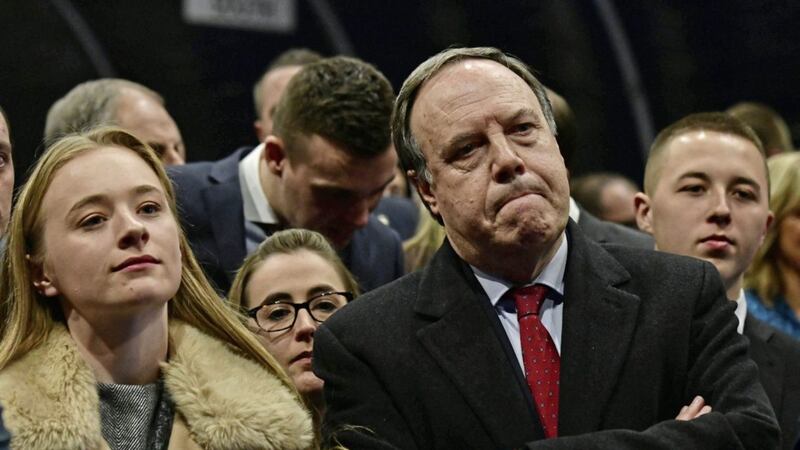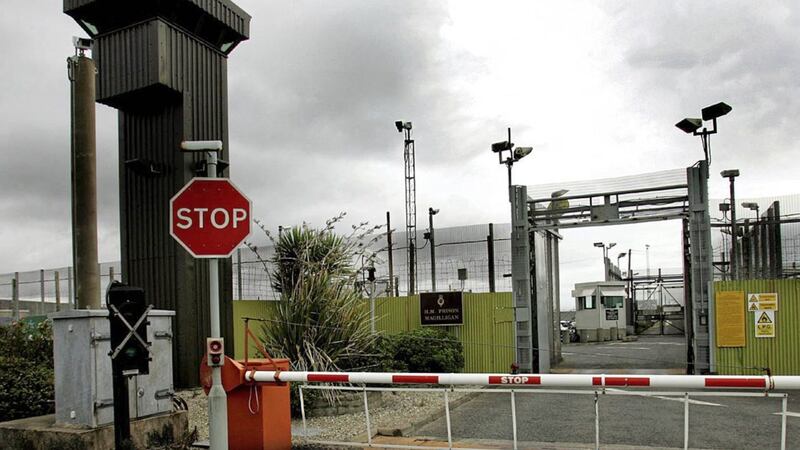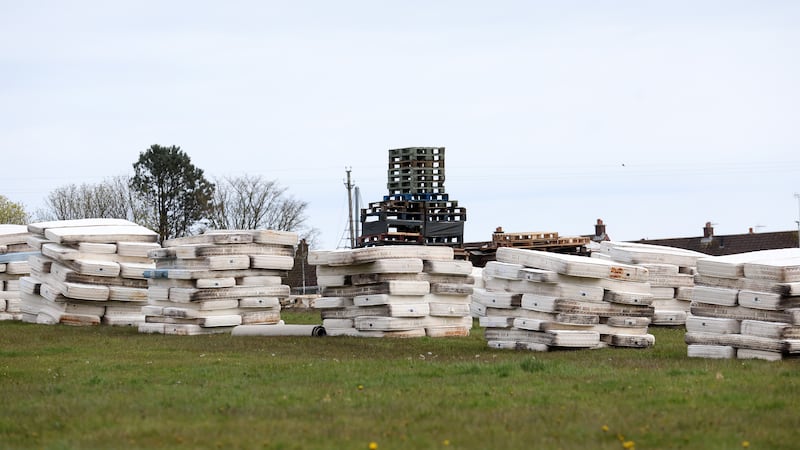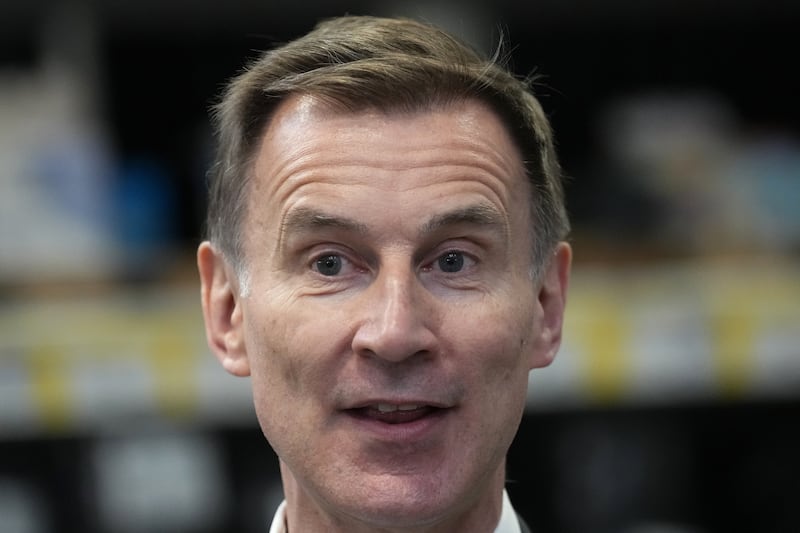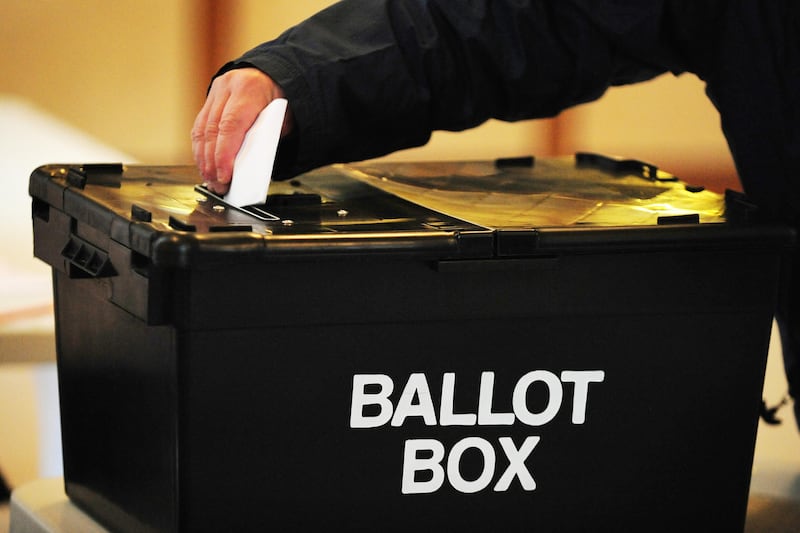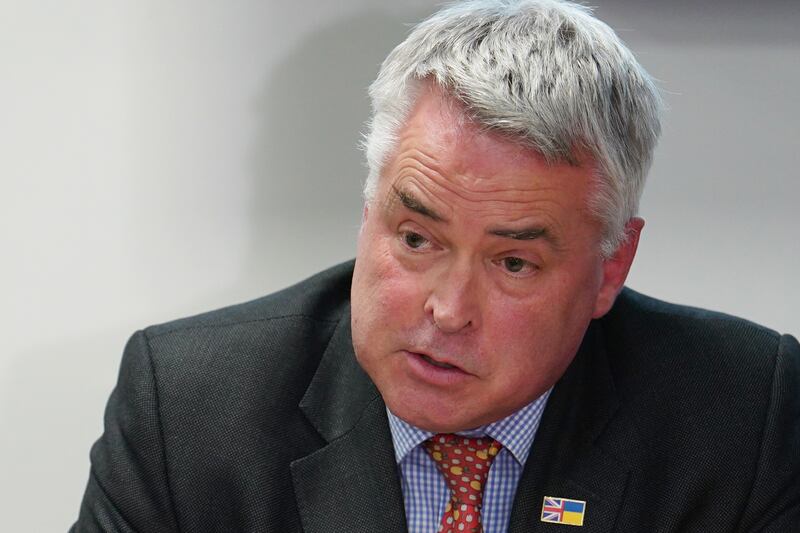:: ALLIANCE – Naomi Long's 2010 success in East Belfast notwithstanding, her party tends to fare relatively poorly in first-past-the-post elections. There was an expectation that Thursday's poll would be little different but those who suggested North Down's distinctive demographics could deliver a surprise were vindicated by Stephen Farry's victory. While Alliance failed to secure any other MPs, it was an otherwise positive performance that continued to build on the momentum of May's successes in the European and local government elections. Whisper it quietly but combined with the SDLP's bounce, we may well be witnessing a reorientation of regional politics towards greater moderation.
MPs elected: 1 (+1)
Vote share: 16.8 per cent (+8.8 per cent)
:: DUP – This has been the DUP's worst election since it assumed the role of unionism's dominant party 15 years ago and we need not speculate too much about the cause of its collapse. Its ill-thought-out approach to Brexit, typified by the recent indecisiveness on the revised withdrawal agreement, highlights how Arlene Foster's party made a complete miscalculation that has backfired spectacularly. The embarrassing defeat of Nigel Dodds in North Belfast by what his leader attributed to 'pan-nationalism' is an obvious attempt to mask her party's poor showing in its strongholds where the non-unionist vote is negligible. With the DUP's influence at Westminster evaporating overnight, the party will now be doubly enthusiastic about restoring the Stormont institutions but come Monday's fresh talks will it be in a truculent mood or a compromising one?
MPs elected: 8 (-2)
Vote share: 30.6 per cent (-5.4 per cent)
:: SDLP – While not entirely unexpected, the SDLP revival is nonetheless remarkable. Not only has the party emerged from Thursday's poll with two MPs, it grew its vote by a more than three per cent, a figure eclipsed only by the rampant Alliance. In Colum Eastwood and Claire Hanna, the party has two progressive representatives who appeal to a young, urban electorate. Finding similar traction in the more conservative rural constituencies where it once fared well may prove more of a challenge. However, the funds and profile that come with Westminster representation will be invaluable as it seeks to gain ground lost to Sinn Féin over the past decade or more.
MPs elected: 2 (+2)
Vote share: 14.9 per cent (+3.1 per cent)
:: SINN FÉIN – The party's assisted victory in North Belfast overshadowed a disappointing performance elsewhere. While the defeat of Elisha McCallion, one of her party's least impressive public performers, was widely predicted, it must be noted that Sinn Féin was just 57 votes short of losing two seats with the UUP breathing down its neck in the perennially close-run Fermanagh and South Tyrone. It's clear some support migrated to the SDLP, People Before Profit and Aontú but arguably that doesn't account for the entire drop in its vote. Had John Finucane not polled so strongly, Sinn Féin's slide in percentage terms would have been much greater. Like the DUP, expect plenty of eagerness for getting back into devolved government.
MPs elected: 7 (-)
Vote share: 22.8 per cent (-6.7 per cent)
:: ULSTER UNIONIST PARTY – Freshly appointed UUP leader Steve Aiken must look enviously at his SDLP counterpart who has demonstrated that it is possible to regain ground on your larger rival after being all but written off. But unlike Colum Eastwood's party, the UUP's messaging has been mixed, at times resembling a TUV-NI21 hybrid that behaves like Dr Dolittle's pushmi-pullyu. It recorded modest growth, mostly reflecting performances in seats where the party wasn't in serious contention. Figures suggest there is no electoral growth to the right of the DUP but its historical allegiances often draw unionism's once-dominant force into a space that isn't compatible with supporting EU membership, same-sex marriage and rights for the Irish language. Without some serious reflection and modernisation, the party is likely doomed and arguably as unionism retracts there will no longer be room for the UUP anyway.
MPs elected 0 (-)
Vote share: 11.7 per cent (+1.4 per cent)
:: OTHERS – By their nature Westminster elections tend not to reflect well on smaller parties, with factors such as limited resources and tactical voting impacting on their performance. That said, both Aontú and People Before Profit held their own, with the latter particularly happy with its showing in West Belfast where it emerged in second place with a 16 per cent share of the vote. Aontú, contesting its first general election, made a modest impact but on the basis of Thursday's figures remains some way off from securing Stormont representation.
